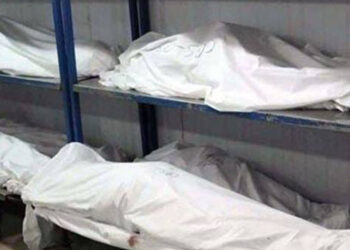Taxing big industries is a good omen as the salaried class had been bearing the burden of the financial crunch and the burden of taxes for a long time. In fact, the PML-N-led government has no choice but to drastically raise its tax income to finance its expenditure in the next financial year and to secure the revival of the suspended IMF funding if it is to avert a default on its foreign payments.
The announcement comes as Pakistan and the IMF are engaged in talks to revive the bailout program that was stalled due to political turmoil and Islamabad’s failure to meet the loan conditions. Since coming to power in April, Sharif’s administration has raised fuel prices and power tariffs and unveiled austerity measures to meet the lender’s requirements.
The new tax measures indicate that large companies in 13 specified sectors — covering banks, sugar, cement, LNG terminals, textiles, airlines, automobiles, steel, beverages, oil and gas, fertilisers, chemicals and tobacco — showing annual profits of above Rs300m during the outgoing fiscal, will be subject to an additional 10pc tax, and firms from other sectors to 4pc, over and above their regular corporate rates of 29pc (35pc for banks).
It is a bitter reality that the government has to increase taxes on the corporate sector, but here the question arises just how effective will Prime Minister Shehbaz Sharif’s decision to increase taxes on the incomes of the already heavily taxed sector be? And where does it stand in the overall picture of revenue generation?
We had seen the bloodbath in the Pakistan Stock Exchange soon after the announcement of the premier about taxing the corporate, the market crashed over 2,000 points as the investors took their money.
The PDM parties, which ousted Imran Khan’s government on the claims that the people of the country are facing tough conditions due to increasing inflation, have turned the conditions worst for the Pakistanis.
If increasing tax and seeking loans is the only way to recover ill-economy that one must say that it can be done by any individual who is running a pushcart on the street. The country needs a concrete approach for a strong economy else we will continue finding ad-hoc solutions like this.



























